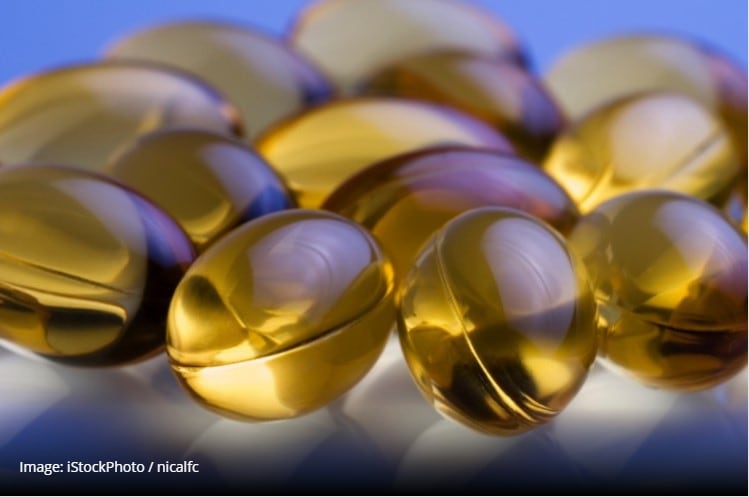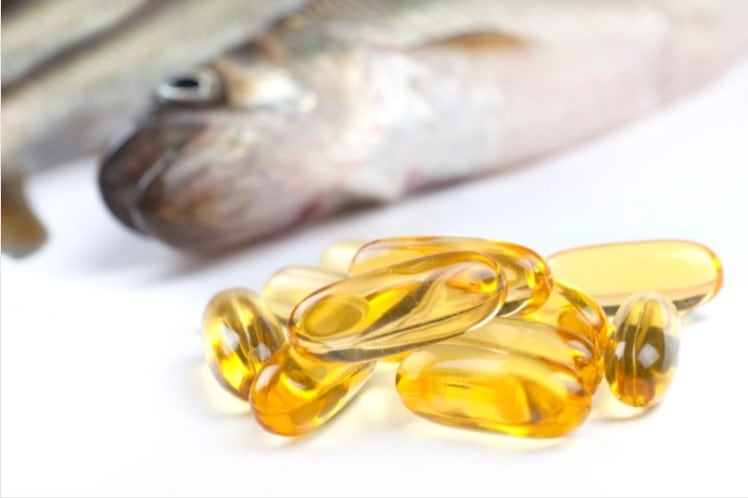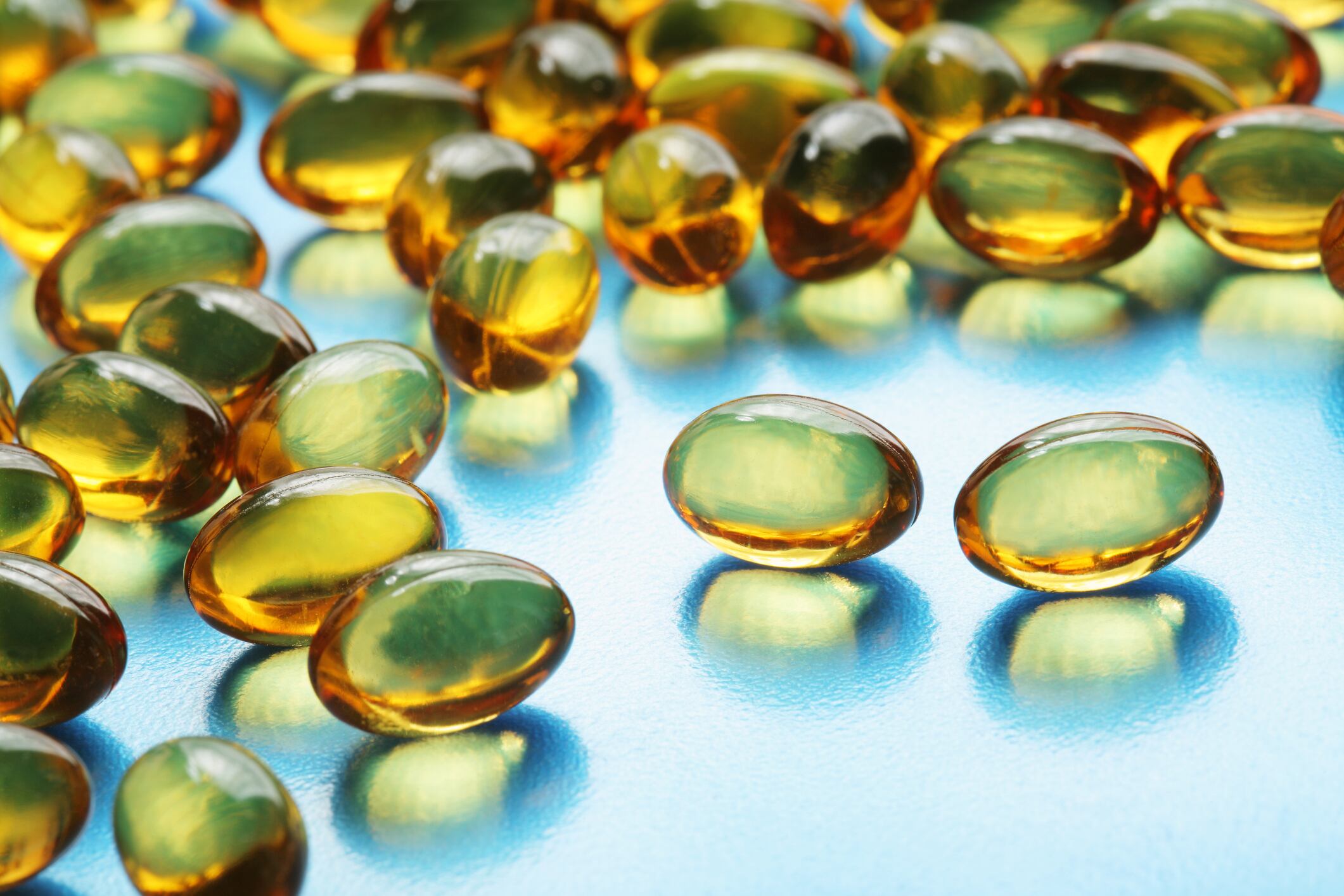The research team found that not only did DHA have a stronger anti-inflammatory effect than EPA, the fatty acid also reduced levels of an anti-inflammatory protein, whereas EPA did not.
Writing in the journal Atherosclerosis, the team also discovered that EPA improved the balance between pro- and anti-inflammatory proteins.
“In our bodies, there is always this balance between pro-inflammatory and anti-inflammatory proteins, and we found EPA was better than DHA at enhancing that balance,” explains first study author Jisun So.
“For the prevention of cardiovascular disease, previous research tells us that balance is very important.”
Growing evidence indicates that EPA and DHA’s role in reducing inflammation is especially relevant to such conditions as obesity.
It is thought that EPA and DHA serve as precursor molecules from which the anti-inflammatory compounds such as resolvins, protectins and maresins are produced.
A review demonstrated that EPA and DHA supplementation significantly reduced several inflammatory molecules such as tumour necrosis factor alpha (TNFα), C-reactive protein (CRP, and interleukin-6 (IL-6).
Further research published in 2018 identifies high-dose (1.5 grams per day (g/day) EPA and 1.0 g/day DHA) omega-3 supplementation as sufficient enough to reduce plasma levels of both IL-6 and IL-1ß.
Study details
Researchers from Tufts University began a 34-week trial enrolling 9 men and 12 postmenopausal women aged 50–75 years diagnosed with chronic inflammation.
Taking a double-blind trial approach, the 21 subjects received EPA or DHA supplements that included supplement-free periods to create a blank slate from which to measure the impact of each supplement.
During the 4-week lead-in phase, subjects took supplements containing only high-oleic sunflower oil that is similar to olive oil but does not contain omega-3 fatty acids, to create a basis for comparison.
Along with the findings identifying DHA’s stronger anti-inflammatory effect and reduction in anti-inflammatory protein levels, the team also found DHA lowered the genetic expression of four types of pro-inflammatory proteins, whereas EPA lowered only one type.
Further results revealed DHA lowered white blood cell secretion of three types of pro-inflammatory proteins, whereas EPA lowered only one type.
EPA had its own advantages, namely the fatty acid produced by-products that were linked to immune function regulation, following a mechanism of action different to DHA-derived by-products.
“The jury has been out, so to speak, on how the two major components of fish oil work – and whether one might be better than the other,” comments Stefania Lamon-Fava, a scientist on the Cardiovascular Nutrition Team at the Jean Mayer USDA Human Nutrition Research Center on Aging at Tufts University (HNRCA).
“These results suggest that DHA is the more powerful of the two on markers of inflammation in the body, but that’s not the end of the story.”
EFSA advice
Current regulatory advice by EFSA concluded that daily supplemental intakes of 5g of EPA and DHA combined, up to 1.8 g/day of EPA alone and 1 g/day of DHA alone did not raise safety concerns for adults.
The conclusion was the result of a review of possible adverse health effects caused by excessive intakes requested by the European Commission.
EFSA said actual intakes of EPA and DHA from food and food supplements in Europe were generally below these amounts.
“EPA and DHA had distinct effects on monocyte inflammatory response with a broader effect of DHA in attenuating pro-inflammatory cytokines,” the study concludes.
“These differential effects were potentially mediated by different groups of PUFA derivatives, suggesting immunomodulatory activities of SPM and their intermediates.”
“Our study gives us a snapshot of how EPA and DHA may work to reduce chronic inflammation, and how each has distinct effects,” adds Lamon-Fava.
Our results provide insight for future research to explore why that is the case and who would benefit from one or both of these healthy fats.”
Source: Atherosclerosis
Published online: doi.org/10.1016/j.atherosclerosis.2020.11.018
“EPA and DHA differentially modulate monocyte inflammatory response in subjects with chronic inflammation in part via plasma specialized pro-resolving lipid mediators: A randomized, double-blind, crossover study.”
Authors: Jisun So et al.




